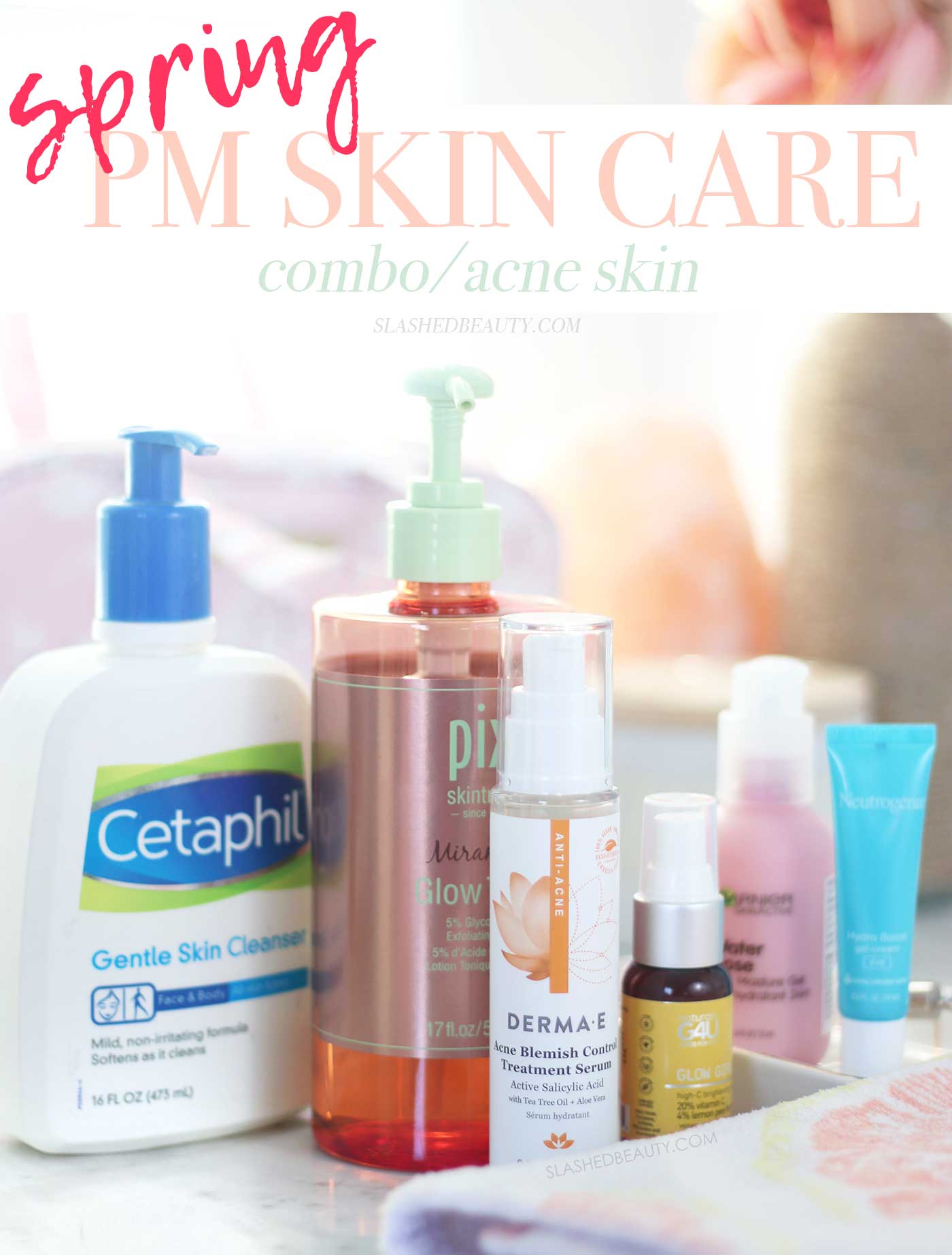Beauty Care Practice for Acne-Prone Skin

Best Beauty Care Practices for Acne-Prone Skin
Cleanse Your Skin Regularly
One of the most important beauty care practices for acne-prone skin is to cleanse your skin regularly. Use a gentle cleanser that is specifically designed for acne-prone skin. Avoid harsh scrubs or exfoliants that can irritate your skin and make acne worse. Cleanse your skin twice a day, in the morning and before bed, to remove dirt, oil, and impurities from your skin.
Moisturize Your Skin
Moisturizing your skin is also important, even if you have acne-prone skin. Choose a lightweight, oil-free moisturizer that won't clog your pores. Look for moisturizers that contain ingredients like hyaluronic acid or ceramides, which can help hydrate your skin without causing breakouts.
Avoid Touching Your Face
Touching your face can transfer bacteria and oil from your hands to your skin, which can lead to acne. Try to avoid touching your face as much as possible. If you need to touch your face, make sure to wash your hands first.
Use Non-Comedogenic Makeup
If you wear makeup, choose products that are labeled as non-comedogenic, which means they won't clog your pores. Look for makeup that is oil-free and lightweight. Avoid heavy, full-coverage makeup that can suffocate your skin and make acne worse.
Avoid Sun Exposure
Exposure to the sun can make acne worse and cause dark spots and hyperpigmentation. Always wear sunscreen with at least SPF 30 when you go outside. Look for sunscreens that are labeled as non-comedogenic and oil-free.
Pros and Cons of Beauty Care for Acne
Pros
- Can help manage and treat acne
- Can improve the overall health and appearance of your skin
- Can boost your confidence and self-esteem
Cons
- Can be time-consuming and expensive
- Results may vary depending on the severity of your acne
- May require a lot of trial and error to find the right products and routines that work for your skin
FAQ
Q: Can diet affect acne?
A: Yes, diet can play a role in acne. Eating a diet high in sugar and processed foods can increase inflammation in the body, which can lead to acne. Eating a diet rich in fruits, vegetables, and whole grains can help improve the health of your skin.
Q: How often should I exfoliate my skin?
A: It depends on your skin type and the products you use. If you have oily skin and use a gentle exfoliant, you can exfoliate once or twice a week. If you have dry or sensitive skin, you may only need to exfoliate once a week or less.
Q: Can stress cause acne?
A: Yes, stress can trigger acne. When you're stressed, your body produces more cortisol, which can increase oil production in your skin and lead to acne. Managing stress through exercise, meditation, or other relaxation techniques can help improve the health of your skin.
Q: When should I see a dermatologist for acne?
A: If you have severe or persistent acne that doesn't improve with over-the-counter treatments, you should see a dermatologist. A dermatologist can prescribe stronger medications or recommend other treatments, such as laser therapy or chemical peels, to help manage your acne.
Conclusion
Beauty care for acne-prone skin is all about finding the right products and routines that work for your skin. Cleansing, moisturizing, and protecting your skin from the sun are key steps in managing and treating acne. Remember to be patient and consistent with your beauty care practices, and don't be afraid to seek professional help if needed. With the right care and attention, you can achieve clear, healthy skin.
